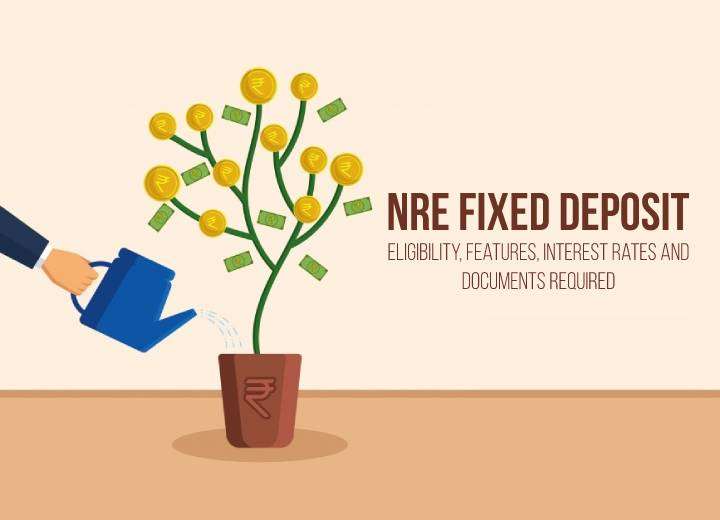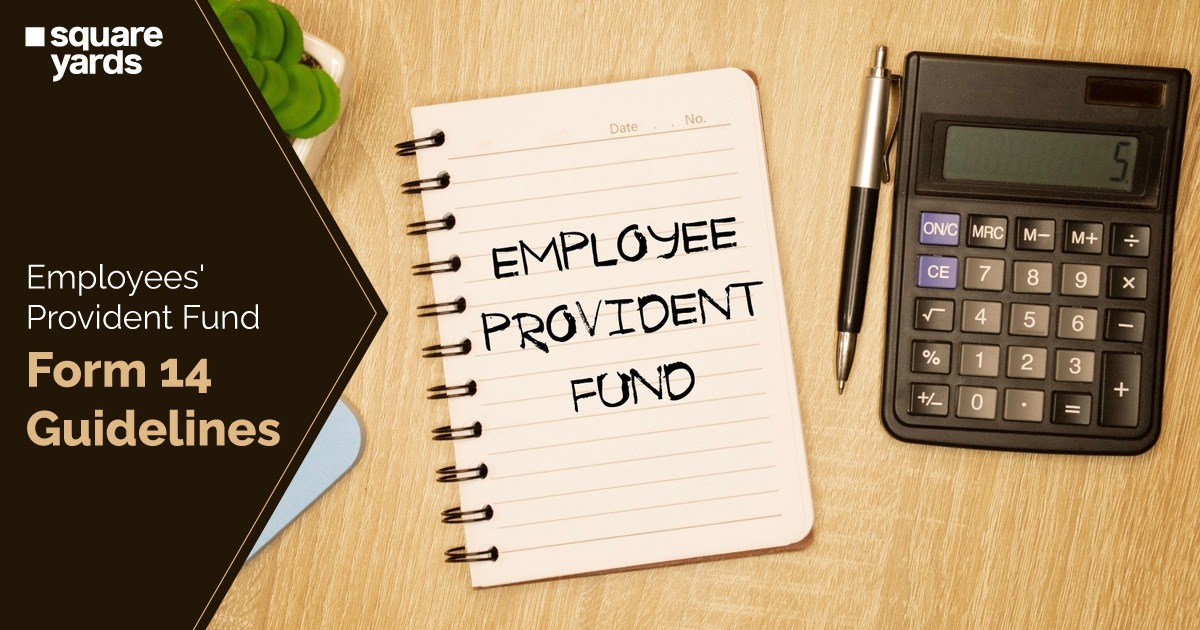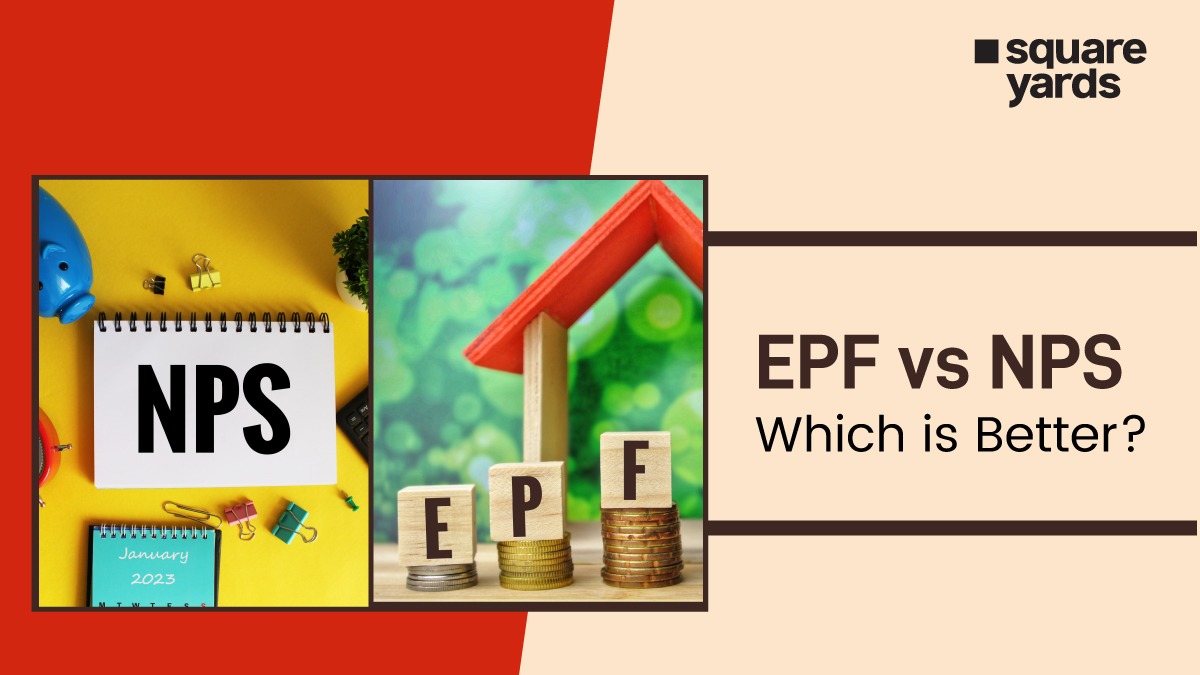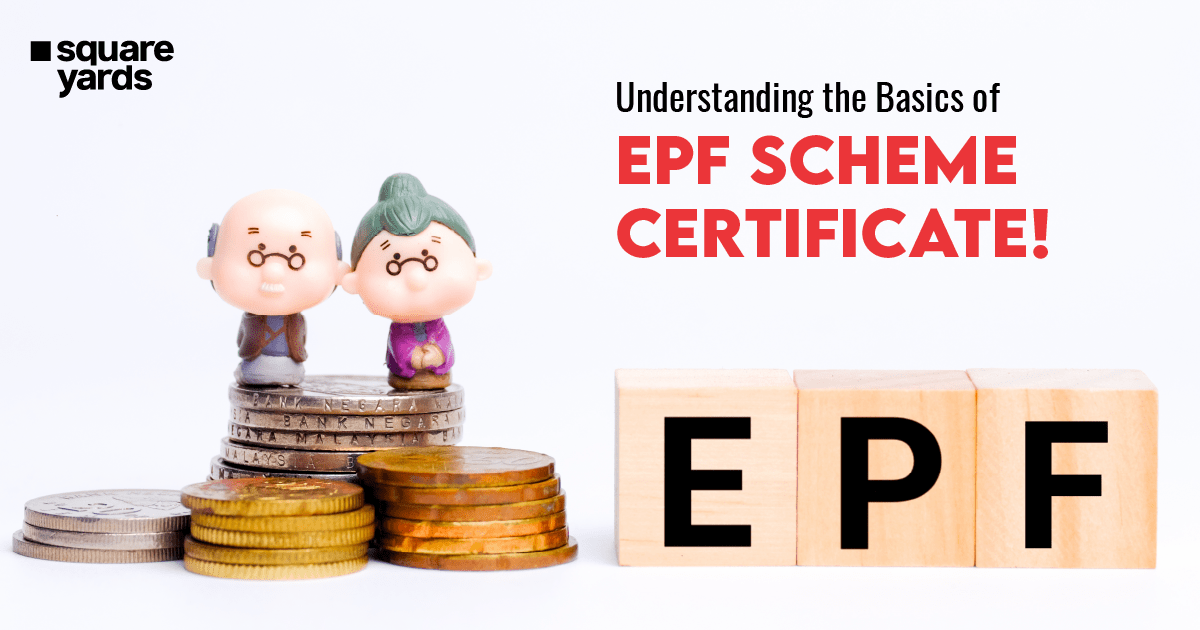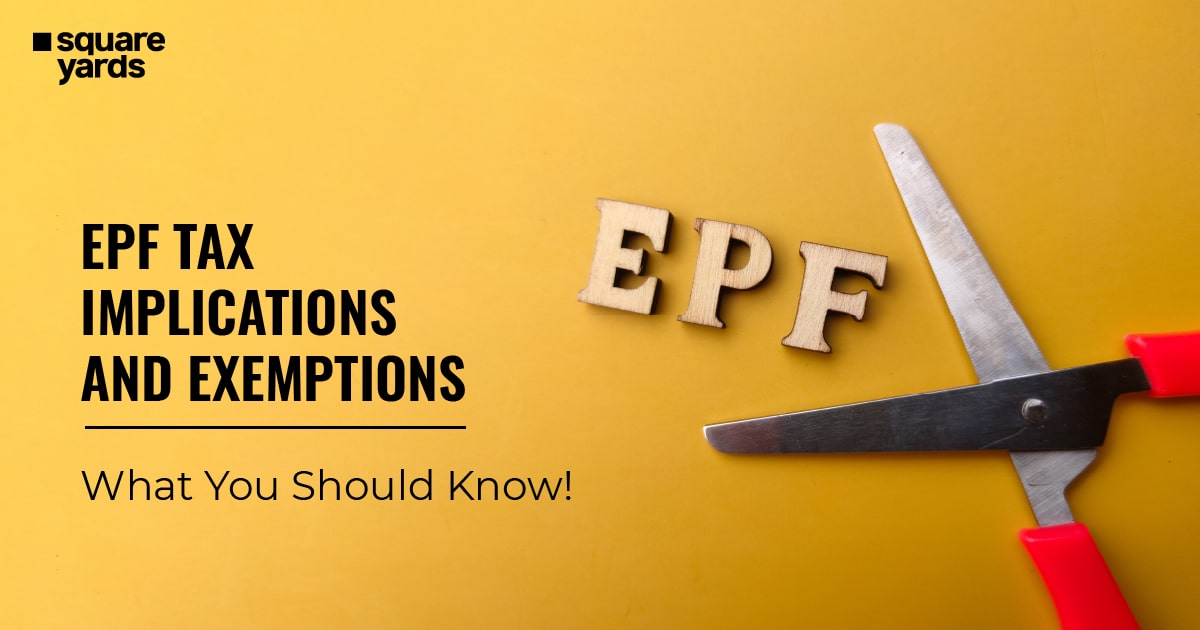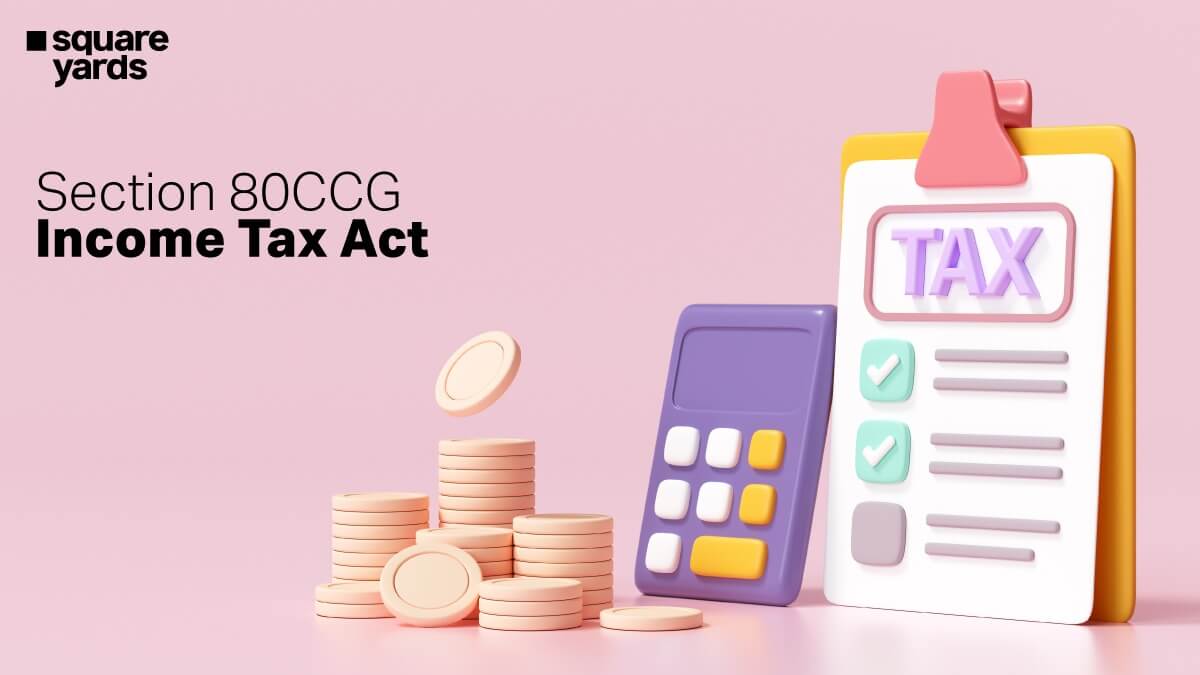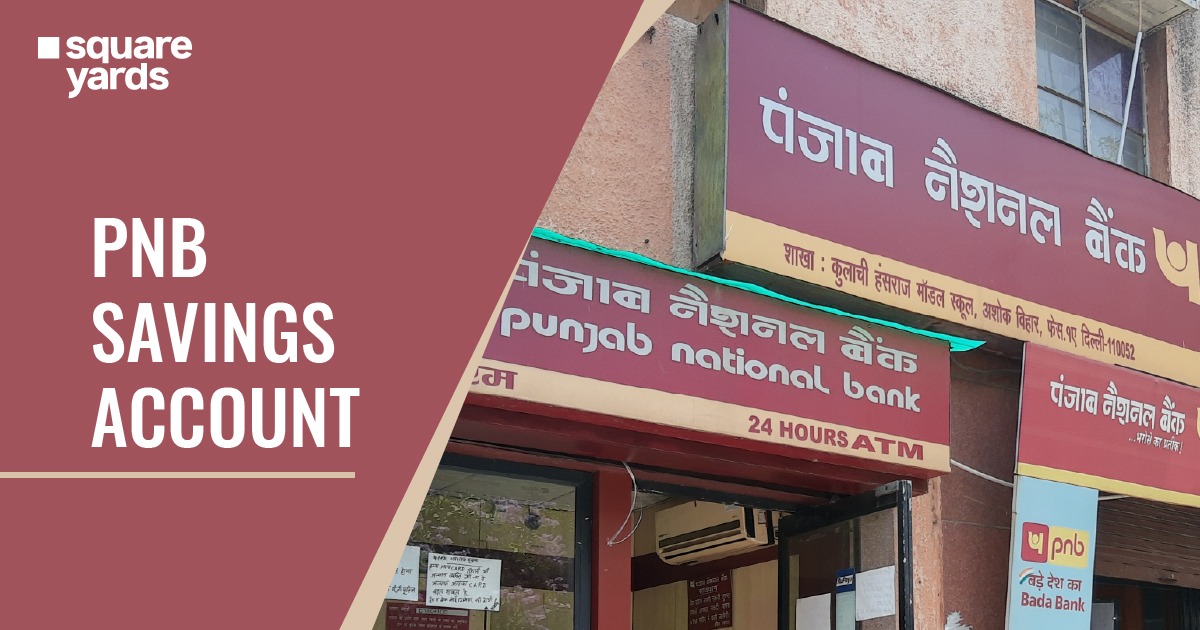The most common question that every non residential investor thinks about is how they can invest in fixed deposits in India? It is truly not a surprise to hear that question, as FDs have been the favourite investment tool for Indians for many years. Since many Indians are now working and living in foreign countries, Non-Residential External Fixed Deposit (NRE Fixed Deposit) has become more important than ever. But what really is a NRE Fixed Deposit?
What is a NRE Fixed Deposit?
NRE fixed deposit can be defined as foreign currency accounts that are easily repatriable. Unlike the FCNR deposit scheme which is denominated in Euro/Yen/Dollars, The NRE account is operated in Indian currency. The deposits to this account can be made only using money that was earned outside of India. This type of scheme is perfect for NRI who wish to have a repatriable source of income along with liquidity and security. These plans are available in tenures ranging from 1 year to 10 years, with many loan and overdraft facilities.
The attractive interest rates of these schemes ensure that the returns are much greater as compared to NRO FDs. The rate of interest for NRE FDs are subject to change but are much more stable as compared to NRO fixed deposits. Further, any interest accrued throughout the tenure can be withdrawn without any tax liability.
Eligibility Criteria for NRE Fixed Deposit
If you wish to open an NRE Fixed Deposit account, you need to meet the following eligibility criteria:
- The account holder has to be a Non-Residential India (NRI) or Person of Indian Origin (POI)
- The applicant should have an NRE account
What are the Documents Required for a NRE Fixed Deposit?
The following are some of the documents required to open a NRE deposit:
- Copy of the applicant’s passport
- Copy of a valid work Visa
- Copy of address proof
Features of NRE Fixed Deposit
The following are some of the features of an NRE deposit account:
- The money can be invested using your NRE account in Indian rupees
- The account can be easily closed anytime after opening
- Money can be invested for flexible tenures ranging from 1 year to 10 years
- Many banks offer an auto renewal facility which ensures that the FD is renewed automatically upon maturity
- There are some banks that allow the facility of availing loans against the deposit amount
- Some banks allow an overdraft facility for up to 90% of the deposit amount
- Some banks also allow joint holders for an NRE account
- Investors with NRE deposit accounts are also liable to receive tax benefits as stated under section 80C of the income tax law
- Banks have placed multiple stipulations about the minimum and maximum deposit amounts for NRE fixed deposit scheme
Benefits of NRE Deposit Scheme
There are a number of benefits associated with investing in a NRE fixed deposit scheme. Some of the benefits are as follows:
- It provides a way for Non-residential Indians to invest in fixed deposit schemes in India and gain impressive returns
- Since these deposits can be ended prematurely, they provide the investor with liquidity and ready funds whenever required
- The overdraft and loan against deposit feature offered by many banks ensures that the investor has ready money when required
- Banks allow depositors to opt for a nomination facility
Interest Rates for NRE Fixed Deposit
The following are the interest rates offered by some of the banks in India. The interest rates given below are applicable for a deposit lower than ₹2 crores.
|
Name of Bank |
1 Year | 1 Year to 3 Years | 3 Years to 5 Years |
5 Years to 10 Years |
| Punjab National Bank |
5.20% |
5.20% | 5.30% |
5.30% |
| Union Bank of India |
5.25% |
5.30% to 5.50% | 5.55% |
5.60% |
| Oriental Bank of Commerce |
5.50% |
5.50% | 5.40% |
5.40% |
| Indian Overseas Bank |
5.20% |
5.25% | 5.25% |
5.25% |
| Central Bank of India |
4.90% |
4.90% | 5% |
5% |
| State Bank of India |
5% |
5% to 5.10% | 5.30% |
5.40% |
|
Corporation Bank |
5.75% | 5.75% | 5.80% |
5.80% |
| ICICI Bank |
4.90% |
4.90% to 5.15% | 5.35% |
5.50% |
|
Axis Bank |
5.15% | 5.40% | 5.40% |
5.50% |
Difference Between NRE Fixed Deposit and NRO Account
The below table illustrates the difference between NRE and NRO accounts:
|
NRE |
NRO |
| This is a tax free account. The interest earned is not subject to deduction. | These deposits are not tax free. Any interest earned will only be credited after the adequate TDS is deducted. |
| You can use foreign currency to make deposits in Indian currency to this account. | This type of account is used to deposit amounts in Indian currency. |
| NRE fixed deposit schemes make it very easy for the investor to transfer the principal and interest accrued. | You need to have a minimum balance of $ 1 million in order to transfer funds. You are also liable to pay related taxes while transferring the amount to another account. |
| This is the best option for an investor who wishes to keep their foreign currency investment liquid and in Indian denominations. | This account is quite useful for people wishing to keep their Indian earnings in Indian denominations. |
| This account can be opened with another NRI or a close relative only | This account can be opened with any Indian citizen or NRI |
You May Also Read
Frequently Asked Questions (FAQs)
Is there any tax liability on NRE fixed deposit?
If you fall under the category of ‘person resident outside India’ according to the exchange control law, then the interest earned from your NRE deposit is tax exempt.
Can I Take a Loan Against a NRE Fixed Deposit?
Yes, this is one of the benefits of investing in a NRE fixed deposit scheme. To ensure liquidity, many banks offer a loan against deposit for an amount up to 90% of the deposit.
Is NRE Fixed Deposit a Good Investment Option?
Yes, NRE fixed deposit has proved to be a smart investment option as it provides the investor with maximum returns along with much needed liquidity.
Is the Interest Earned from a NRE Fixed Deposit Repatriable?
Yes, in a NRE fixed deposit scheme both the interest and principal amount is repatriable.
Can an Individual Hold Two NRE Fixed Deposit Accounts?
No, an individual can only have one NRE fixed deposit account in their name.


